Step 1:
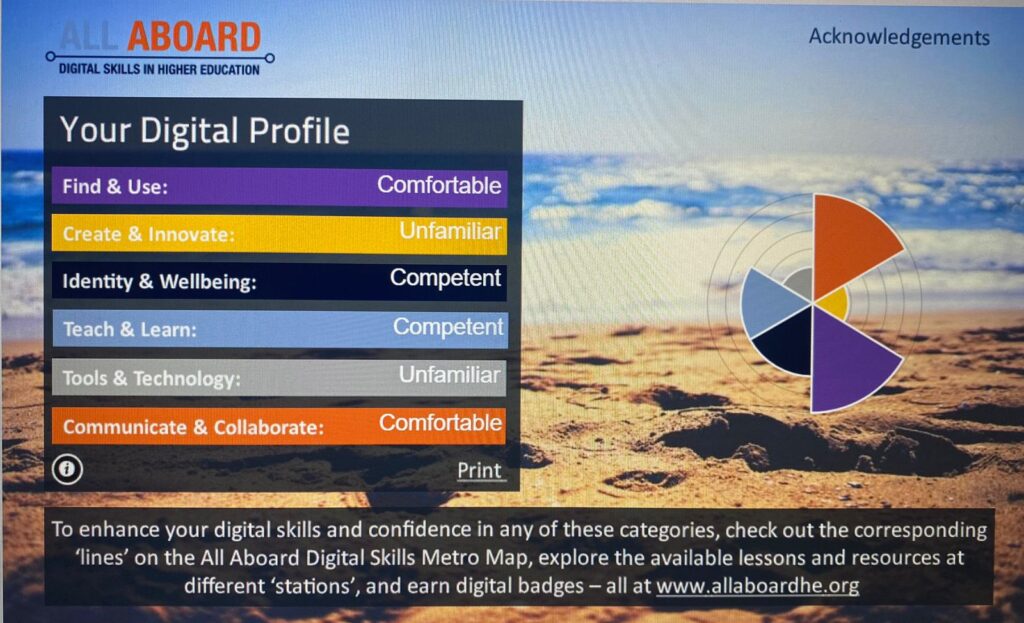
Step 2:
Strengths and areas for improvement:
Based on the test above, I discovered that I was competent in identity and wellbeing, unfamiliar in technology, and at ease with learning. I also found that I was at ease with most of the skills (4/6) in the test. My level is basic when it comes to using technology generally. The fact that I was knowledgeable (at least at a basic level) about identity and wellbeing, which is for me the most crucial topic because it is all about safeguarding one’s identity and privacy online, struck me as interesting. Therefore, learning that I was a beginner in that concerned me since I didn’t know enough about how to safeguard my online privacy and that there is a significant chance that I could be the victim of hacking or privacy violations that result in the stealing of my data. This test has thus demonstrated to me the necessity to pay serious consideration to the applications I use, the settings I enable, and the level of control I grant such apps over my data and content.
Reflection on Knowing the Difference Between Digital Skills and Digital Literacies, and Teaching Both :
The paper by Associate Professor of Practice at the Center for Learning and Teaching at the American University in Cairo, Maha Bali, titled “Knowing the Difference Between Digital Skills and Digital Literacies, and Teaching Both ” was highly educational. Considering how well it addressed the distinction between digital skills and digital literacies. It is absolutely fascinating because it forces you to pay close attention to numerous aspects and actions that we typically take without thinking about or analysing their effects on us in our daily lives. This essay prompts you to think carefully about the applications you use, their settings, and the reasons you use them.
The distinction between digital literacy and digital skills, which many people are unaware of, caught my eye first. I didn’t realize before registering for this class. Digital literacy goes further and asks why a particular app is perhaps the most appropriate one to choose, for what aim, or what would be the extent and impact of someone using it rather than just other applications. Digital skills primarily focus on the technical aspects of how to use applications and try introducing us to the various options and possible alternatives we can also use. Which app, for instance, could have a greater influence on social movements—Facebook, Instagram, or Twitter? Due to the fact that digital tools have two sides to them, understanding both of their potential effects on us forces us to go further, engage our critical thinking skills, and question their usefulness. This article helped me see things from a different perspective, understand more about the digital word and it would be very helpful in analysing political events,campaigns and social movements on social media as I morally passionate about politics. So I would be looking at things from a different angle and asking questions like why is this candidate using this certain platform for his campaign and how is he using it.Moreover this article is very beneficial for young people who are freshly getting introduced to the digital world, it could help them understand more about the power of the devices they spend most of their times on, how it is easy for their privacy to be breached and how to avoid that. Also, to pay attention to the websites they use as a source for their information, such as Wikipedia, which can easily get edited and manipulated in order to deliver a certain ideology or information.
Step 3: Digital literacy goals
Among my objectives are improving my application-using skills and learning the rules and regulations that these platforms follow. More importantly, I’d like to improve my internet browsing skills, become more skilled with Microsoft Office, and learn a little about coding and programming.
“Digital Literacy Path:”
Taught Path:
I decided to follow the taught course for my digital literacy path. In essence, it was made up of a number of modules, and I had the option of selecting 2 of the several ones that were offered. I made the decision to select the podcasting and smartphone modules. Both modules were extremely well-crafted, quite informative, and were kept basic enough to be intelligible while yet providing value. The podcasting module was considerably more in-depth and provided all the necessary information, which made it much more enjoyable for me.
Smartphones Module
The smartphone module talked about all the features a smartphone has and how those features give the opportunity to provide and receive information that might be of benefit to your education. I chose the smartphone module because I use my smartphone extensively and wanted to see how I can use my smartphone for more productive stuff, so I would use my time for better stuff instead of browsing social media all day. I really liked how they called the smart phone with good use of the “swiss army knife” of education. It’s a really great analogy. As a student, one can use several apps on the phone to benefit from, like having eBooks to read from and scan documents using your phone camera to store for later. Also, teachers can use several apps on the phone to test their students’ knowledge and understanding of the content being presented. This is something I saw myself in several classes I took in university where professors used the website Kahoot where they prepare a sort of trivia game where each student gets to participate from their own smartphone device and the person who gets the most correct answers in the fastest time ends up winning and there is a leaderboard in the end. The professor can assess the scores of the student to find out at which students are having trouble understanding the certain topic addressed in class. The thing I didn’t like about the module is that it went into great detail on the physical components of the mobile device, which I found to be interesting and very informative, but it wasn’t built upon in the rest of the module. The model could have been much more intricate and informative. I also think the module is a bit outdated as mobile phones have much greater capability than how the module presents it as some phones now have the capabilities to perform as well as the computer where some phone hardware is much stronger than a cheap laptop. Overall, the module was very informative, and I learned several details about my phone which I wasn’t aware of. 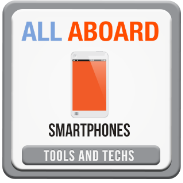
Podcasts Module
The second module I chose to partake in is the podcasting module. The module talked about all aspects of podcasting from the consumer and producer point of view. In my opinion, podcasts are very underrated and are a very beneficial and creative means of entertainment and education as well. Because podcasts are so raw and is mainly revolved around the content itself, it is a very quick means of getting the information you want without going through several loopholes. What I really enjoy about podcasts is that you can find a podcast about anything you like. For example, my favorite tv show is the office. I recently found out that two of the cast members have a podcast where they dissect each episode of the series and talk about their experiences while shooting and producing the episodes. Podcasts are a means of entertainment and education that are widely available but not used at its potential. The module talked about several examples of universities that encourage students to take part in podcasting and how easy and inexpensive it is to produce a podcast. All you need is a good mic and good content to talk about. The actual content of the podcasts is not diluted by unnecessary content like visuals and eye grabbers. It leaves room for podcasts to be genuine and about the conversation the podcasters are trying to present. Also, it is very convenient to listen to podcasts as they are audio only so you can listen to in your car or while working out or while on public transport. The reason I think podcasts aren’t as common a thing people consume is because some people can’t concentrate with an audio recording and have to have visuals to be able to concentrate. That’s why most podcasts offer also a video podcast where you can see the people talking instead of only listening. The production of a podcast is fairly simple and the software for editing the audio recordings, Audacity, if free to use for anyone. So, if you are thinking of starting a podcast and have something you are passionate to talk about, it is as simple as picking up a mic and start recording. There are several streams where you can post your podcasts like iTunes, Spotify and even YouTube. I myself enjoy podcasts a lot and I love to listen to the Joe Rogan podcast where each episode he interviews a new guest and has a conversation with them about various topics. I really enjoyed this module more than the other, as it was very organized and had intricate details that helped sum up the whole topic of podcasting.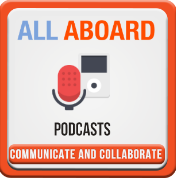
.Theory Path:
1. Racial Justice:
This reading was quite fascinating. Knowing that the internet and algorithms may support racism and oppression is unfortunate but not unexpected. Because they were produced by racist people. After reading the post, I saw how this would have a bad effect on those doing internet searches. The wellbeing of Black, Latinx, women, and other disadvantaged minority groups would undoubtedly suffer from a lack of representation in these fields. For instance, I was unaware that “automatic soap dispensers in public restrooms do not recognise dark-skinned hands.” While some may consider this a minor issue, being denied the privilege of having those minor things that everyone – white apparently has made it difficult. However, it is encouraging to learn that technology companies have begun including more women and people of colour because social inclusion and diversity are essential for a fair society.
2. Labor Rights:
I learned a lot from this article. About the rights that gig workers on online sites have, I knew very little. It is clearly obvious that services like Uber, which I use frequently, do not give employees their entire set of rights. The ease with which these businesses and online platforms can acquire the personal information of those employed, without that individual being aware of it, or without that individual being forced to put in excessive effort lest the platform block them, is also a major problem. Therefore, it is encouraging to see that workers are organising unions in order to reclaim their rights, gain access to their digital rights, and receive proper treatment as employees, as reported in the article.
3. Transparency:
Accountability and transparency are crucial when it comes to the internet and social media. The more openness there is, the more evident it is that social media is being used in a democratic nation. Authorities typically use censorship to silence the voices of the populace and support the ruling class in maintaining their position of power. People in a dictatorship would probably be reluctant to express their ideas on social media because they worry about being found out because the government listens to everything they say. This repression and absence of speech freedom create Because of this, as the article points out, social media users should be safeguarded, and the privacy and safety of their data should be a top concern for social media firms. Users are prevented from expressing their thoughts online, in my opinion, because they are worried about being the target of online violence and hate speech or that their personally identifiable data will be exposed.
.Tinkering Path:
I selected the Visual Assignment and decided to produce a collage of all of my favourite things and locations since they truly make me remain calm and at home. Every image reveals something about myself and contributes to the development of my identity.
My dog: Having a pet increased my empathy for others and my concern for those around me.
AUC Gardens: My second home, the Campus, is where I used to spend the majority of my time. And the Gardens was a location that helped me to maintain a clear head for the day; it’s where I start my hectic day with my morning coffee and where I take pauses to let off stress and recharge for the remaining of the day.
My bedroom: My house will always be the area where I am completely unguarded, where I don’t wear any faces and where I am able to do whatever I want without being forced to.
The Beach: Taking in the magnificence of nature, calming, letting go of all the stress, and not thinking about anything. only taking a getaway.

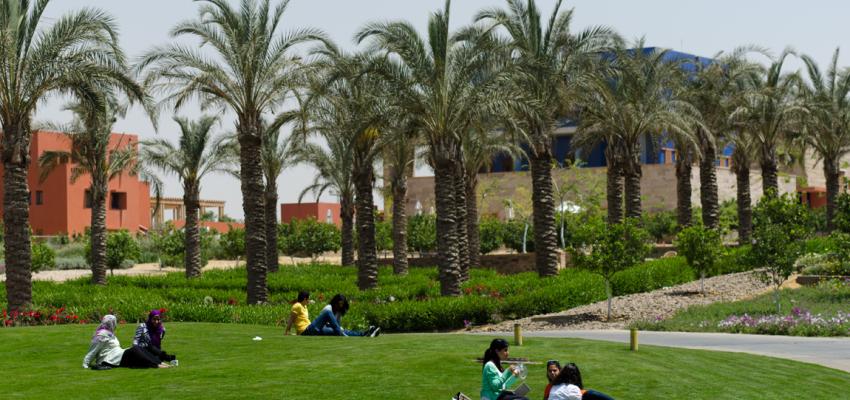

Step 4: Reflect on the assignment
Finally, I gained a lot of benefits from this assignment as I was able to select a topic or field that is relevant and useful to me rather than one that has no influence on me or my life, thus I have gained a lot of general from this exercise. Any opportunity I receive to increase my knowledge and proficiency in this talent will be taken because it is something I will always need to improve and strengthen.
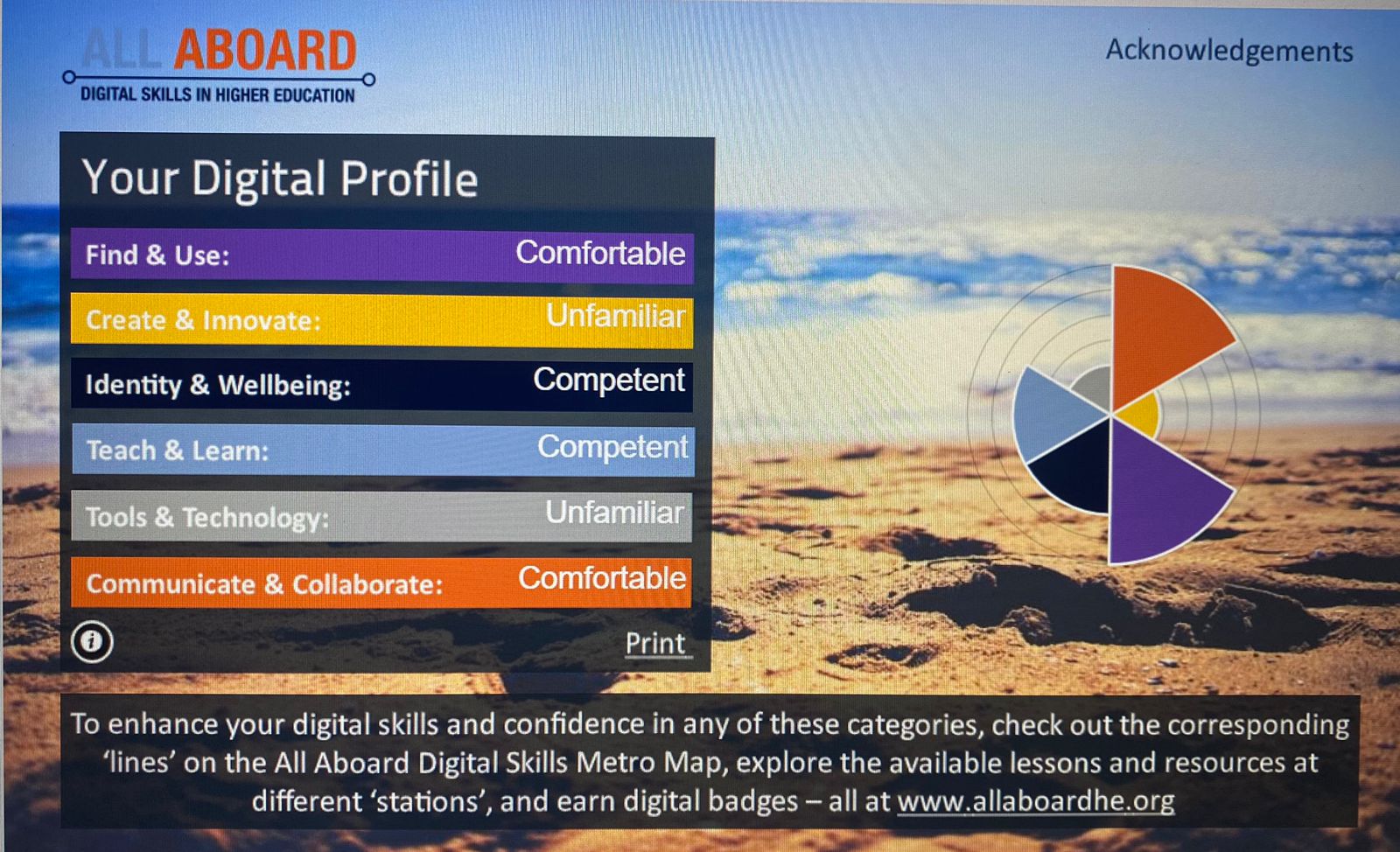

Provide Feedback